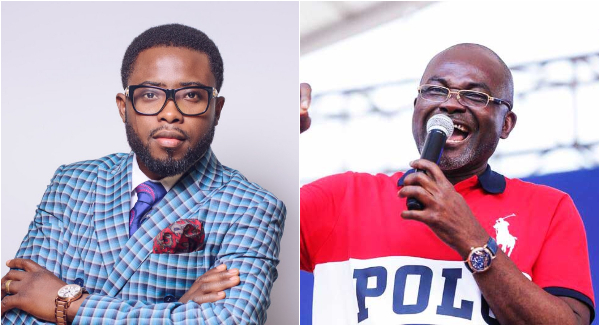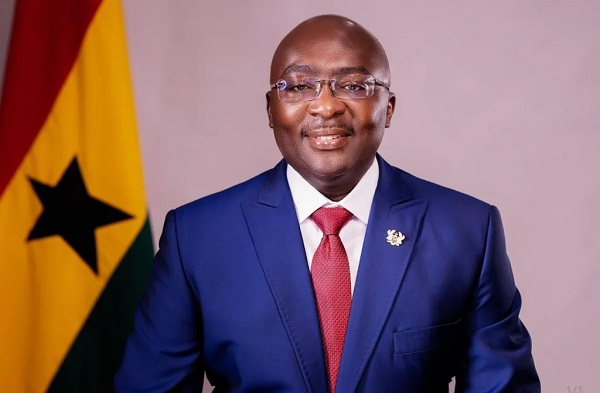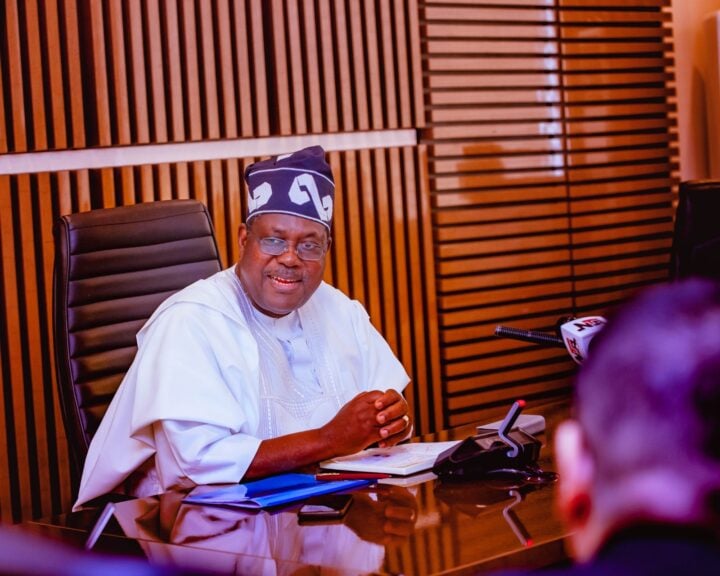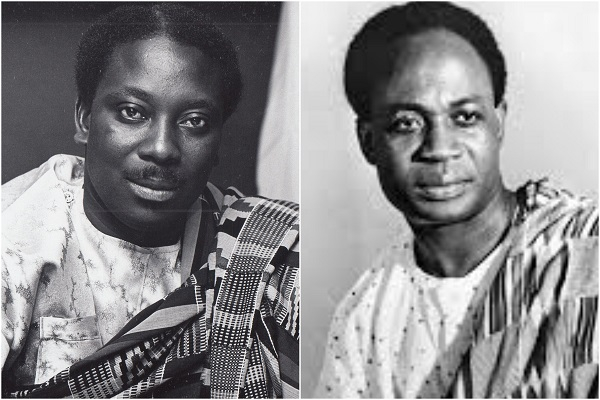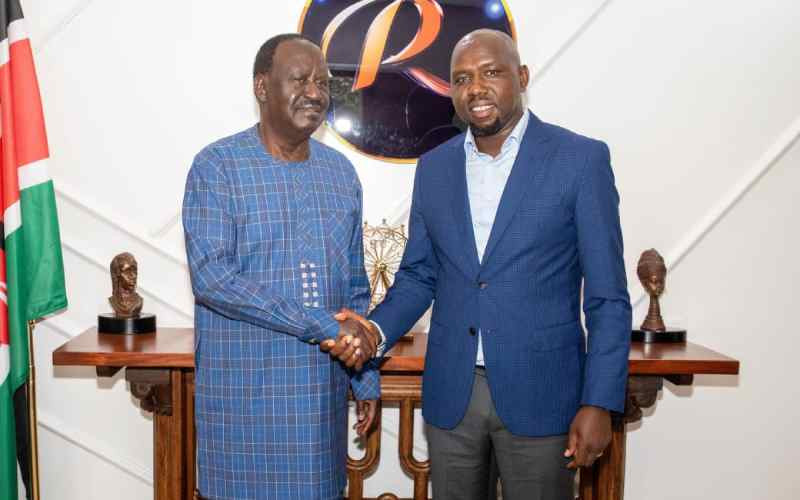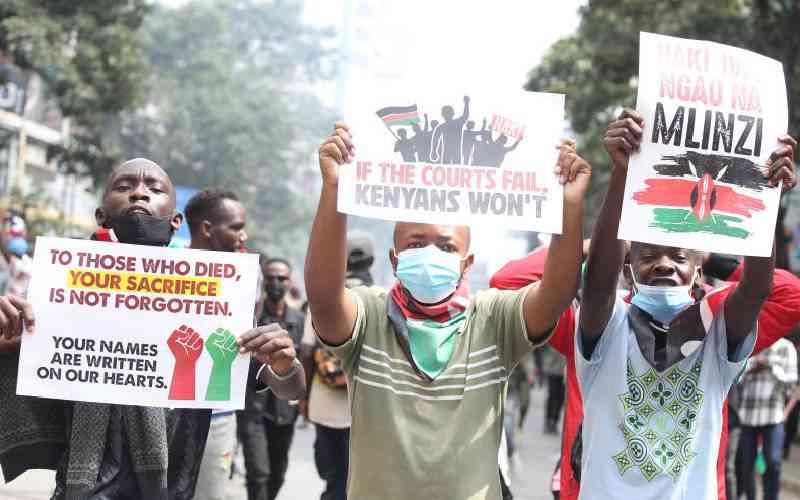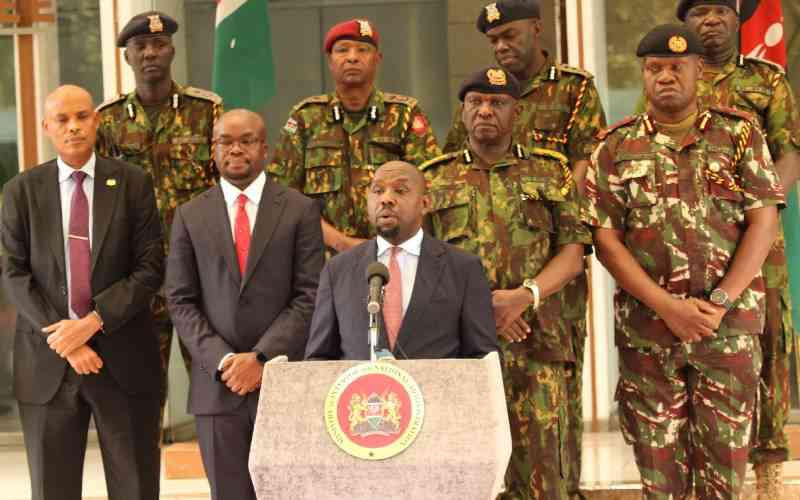API to release 2025 social cohesion report
The African Polling Institute (API) has announced plans to release its 2025 Social Cohesion Survey Report aimed at using data to promote national unity, social harmony, and long-term stability in Nigeria.
Executive Director of API, Prof. Bell Ihua, disclosed this during a media workshop themed “Promoting Effective Media Reportage Through the Use of Social Cohesion Data.”
Ihua noted that Nigeria faces serious social cohesion challenges—including low trust in government, high polarization, and limited access to justice. He emphasized that equipping the media with data literacy is a strategic step toward reshaping public narratives in favour of unity.
According to him, recent survey findings indicate that Nigerians trust traditional and religious leaders more than government institutions, and that access to justice is largely viewed as a privilege for the wealthy and connected.
“Our findings consistently show that many Nigerians believe justice is not equally accessible,” Ihua said.
“Only the rich and powerful seem able to seek redress, and this perception feeds broader disillusionment with the state.”
He urged citizens to prioritize national identity over ethnic, religious, or regional affiliations. “We must begin to see ourselves as Nigerians first. That mindset shift is essential to building understanding and strengthening cohesion,” he added.
Prof. Ihua explained that the upcoming survey—API’s fourth national social cohesion report—will offer valuable insights into public trust, social relations, civic engagement, solidarity, and perceptions of unity. The data, he noted, is designed to drive inclusive governance, peacebuilding, and development.
Social policy expert and workshop facilitator, Dr. Olusoji Adeniyi, described social cohesion as “the strength of relationships and solidarity within society,” stressing its importance for democratic stability and national development.
“In Nigeria, we have rich datasets and warning systems, but translating data into actionable response remains a challenge,” he said.
“Journalists must be empowered to use this data to deepen public understanding and influence policy.”
Adeniyi said API’s surveys have consistently revealed growing divisions along religious, ethnic, and political lines, many of which remain underreported or misunderstood in policy circles.
Founder of Akweya TV and media trainer, Odoh Okenyodo, called for responsible journalism on sensitive identity-related issues. He warned that media professionals often face risks—from lack of access to credible information to harassment and inadequate protections.
“Despite the risks, journalists must report truthfully and sensitively,” he said. “Framing and language matter. Avoiding sensationalism and focusing on context and solutions-based reporting is essential.”
Development expert Titilope Ojo spoke on the tension between editorial independence and media ownership. She acknowledged that many journalists operate under employers driven by political or commercial interests, but urged them to remain focused on the national good.
“Journalists must be conscious of their duty to promote unity. Nationalism is key to progress,” she said.
Journalism scholar Dr. Obiora Chukwumba lamented the declining quality of reporting in Nigeria due to poor funding and limited reach. He called for sustainable business models and greater investment in training to improve media standards.
Also speaking, Head of Mass Communication at Baze University, Dr. Hamisu Muhammad, described Nigeria’s identity challenges as stemming from “micro-nationalism”—the prioritisation of ethnic and regional identities over national unity.
“Media can either bridge or deepen these divides,” he warned. “It depends on our editorial decisions and the values we amplify.”
As API prepares to release its 2025 report, the institute expressed hope that its insights will inform policymaking and support journalists and civil society actors to tell stories that build trust, foster inclusion, and strengthen national unity.
The event ended with a call for deeper collaboration between researchers, media practitioners, and civil society to ensure that data becomes a powerful tool for peace, justice, and sustainable development.
